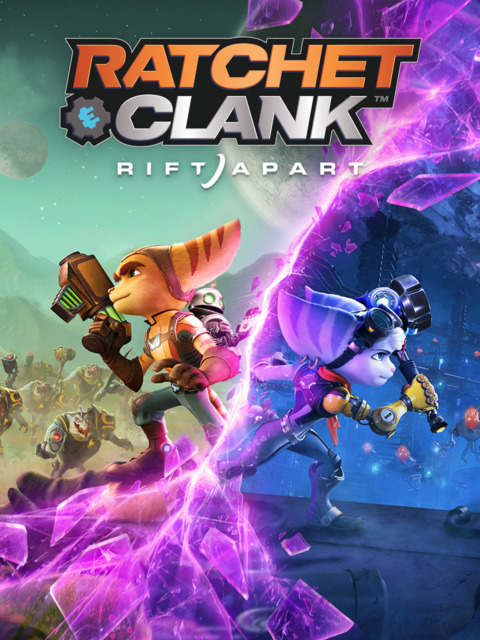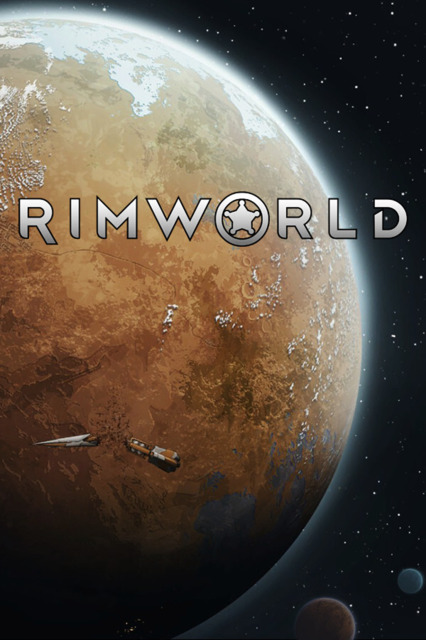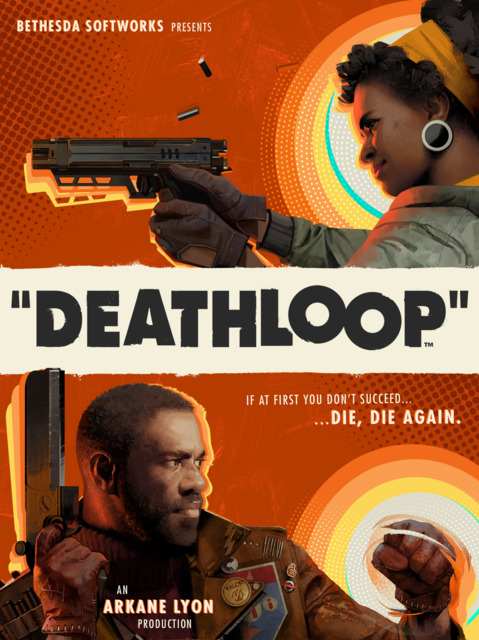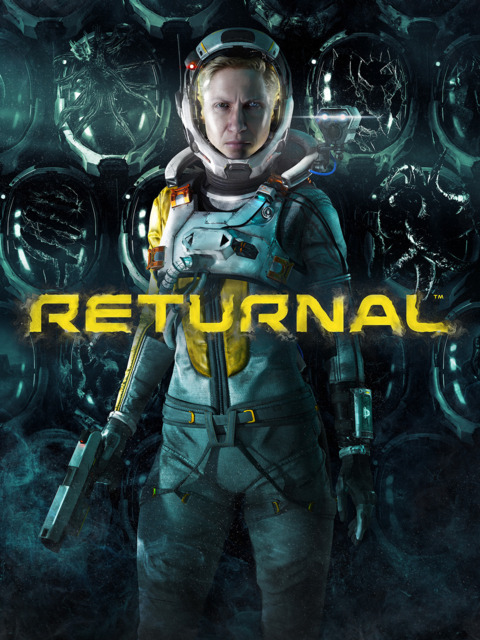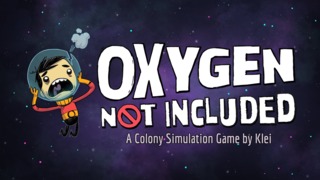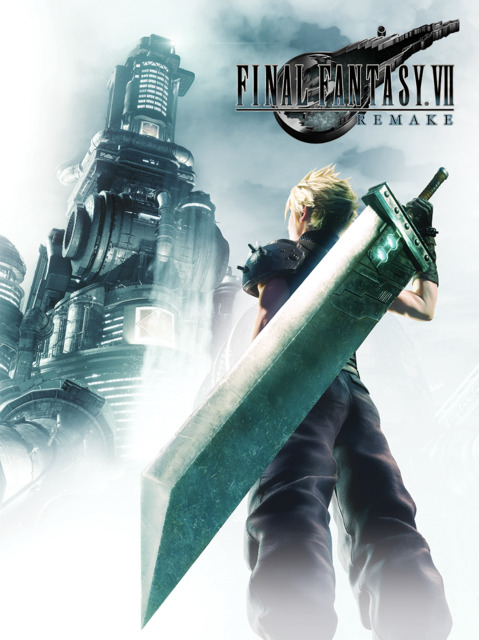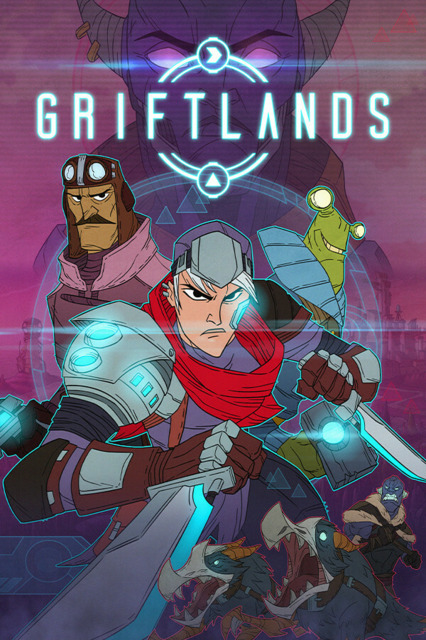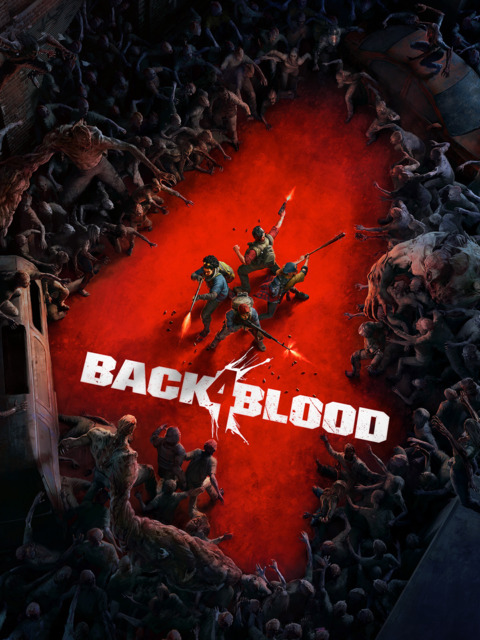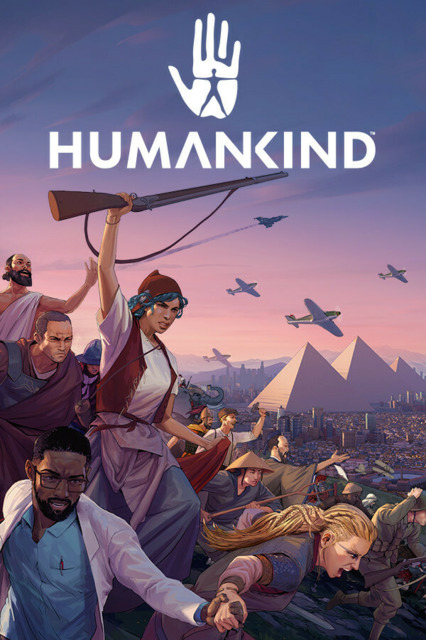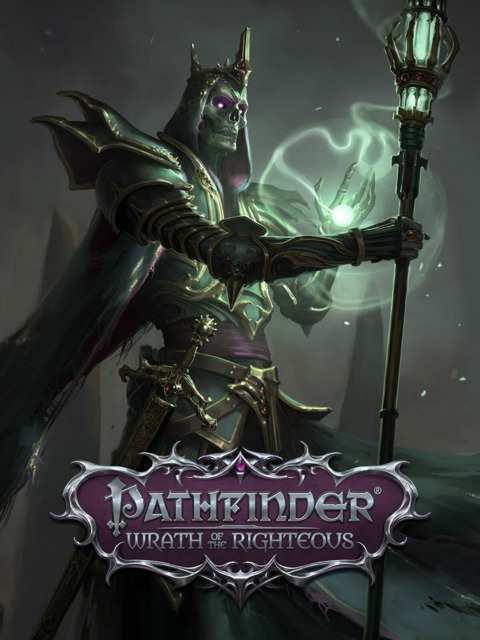Best of 2021
2021 was a pretty good year for games, if not exactly the whirlwind of releases that we experienced in 2020. This is the year that the current gen consoles really came into their own. It is also a year that I got through a lot of my backlog of games, so there weren't as many games to pick from that actually came out this year.
Without further adieu, here are my top 10 games of 2021.

